Confusion over the differences between hybrid and electric vehicles could be inhibiting the growth of alternatively fuelled vehicle (AFV) sales, according to a new survey of motorists.
Autocar teamed up with survey research advisor Simpson Carpenter to quiz more than 1000 drivers on their attitudes to different fuel types. The responses suggest a degree of confusion still exists over the relative capabilities of hybrids and EVs. For example, a third of respondents cited concern over driving range as a reason not to consider buying a hybrid model, despite this only being an issue that affects pure electric vehicles.
Mercedes-Benz accused of equipping vehicles with emissions manipulation software
Although 24% expressed a desire to choose an electric or hybrid as their next car purchase, UK car sales do not currently reflect this level of take up. Alternatively fuelled vehicles accounted for just 5.1% of the UK’s new car sales for the first quarter of 2018 – a total of 36,693 cars.
Tom Simpson, managing director of Simpson Carpenter said: “Potential hybrid buyers are confused by the technology and are being deterred by [perceived] barriers.”
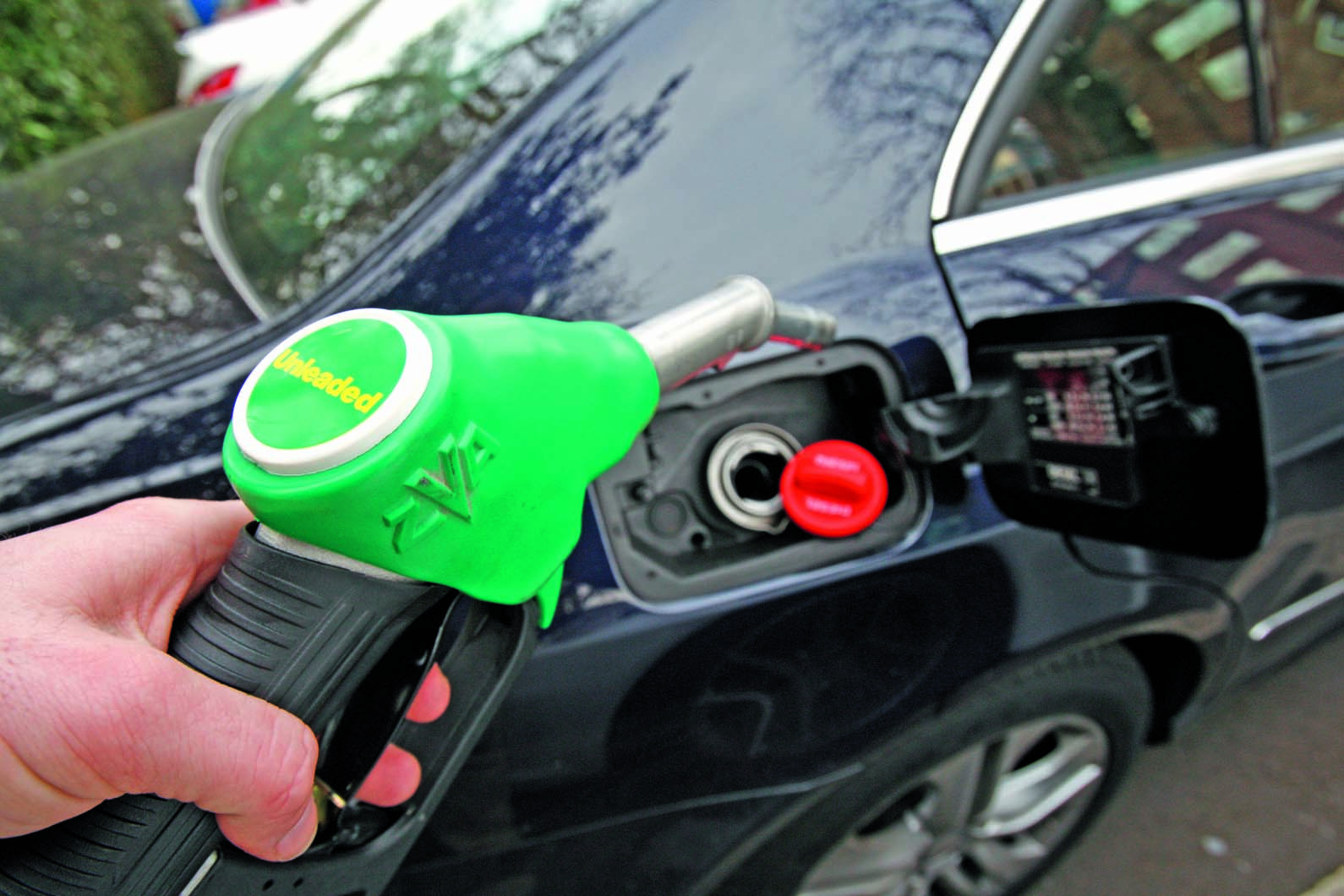
Nonetheless, interest in hybrid and electric models appears to be improving notably. The 24% of motorists planning to buy one as their next car is an increase over the 17% who expressed an intention to purchase an AFV in the 2017 survey.
This year’s study also asked motorists for their views on cars powered by internal combustion engines. The results indicate that a growing number of car buyers consider new petrol-powered vehicles to be equally as bad for the environment as diesel models.
Analysis: How will car makers meet new CO2 laws?
Of those surveyed, 44% considered both diesel and petrol-powered cars which meet EU6 standards – the most up-to-date emissions limits for vehicles – as having the same negative impact on the environment with regard to CO2 emissions. Some 42% thought that both fuel types produced similar amounts of nitrogen oxides (NOx), which have a detrimental effect on air quality, particularly in cities.
The results of the survey also highlighted the ongoing effect of the demonisation of diesel, provoked in part by inaccurate information from mainstream media and a lack of coherent policy from the government.
Only 20% of the people surveyed said their next car would use diesel, a drop from 23% in last year’s study. The number of motorists who will most likely buy a petrol car fell from 60% to 56%.

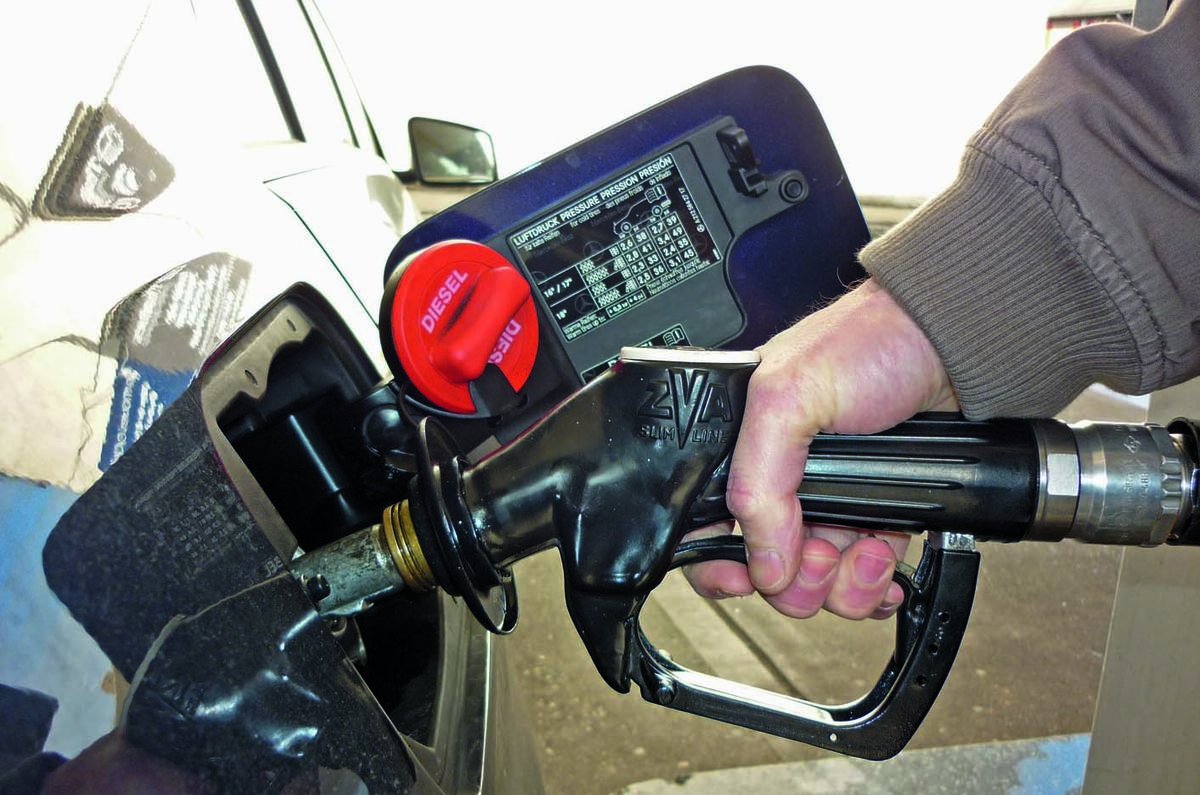
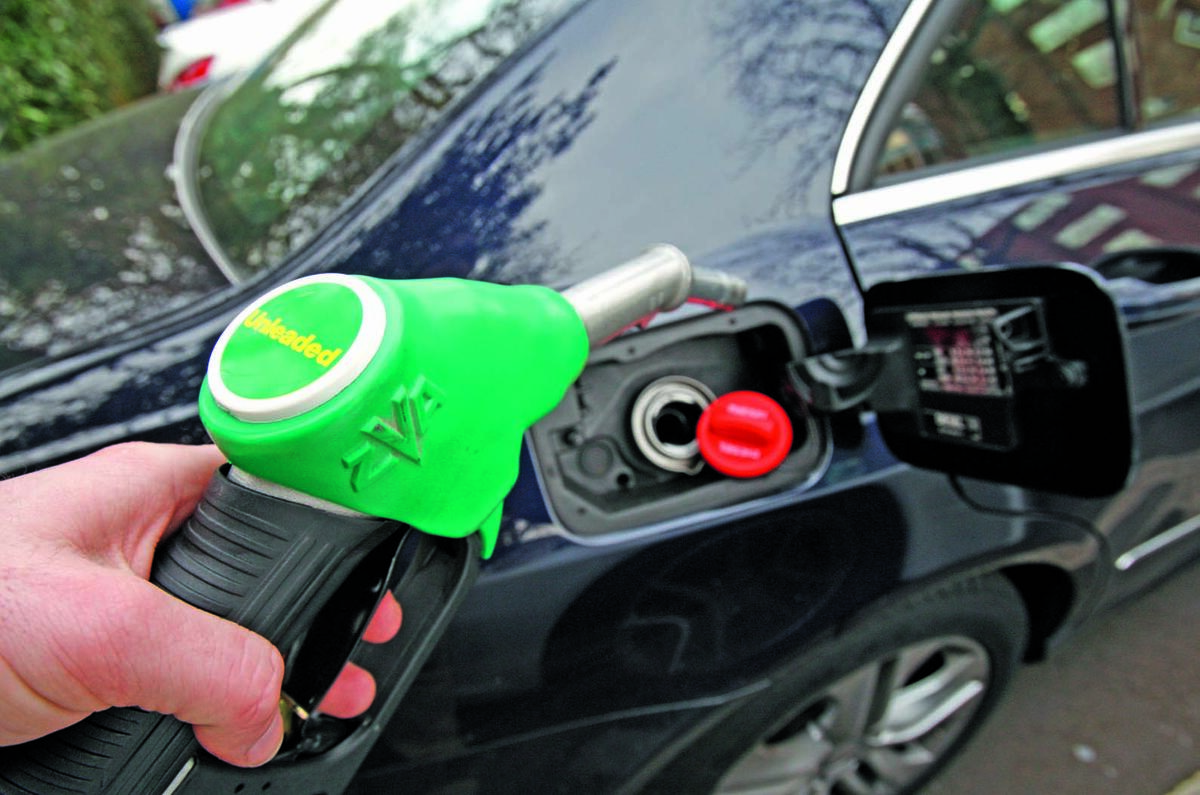
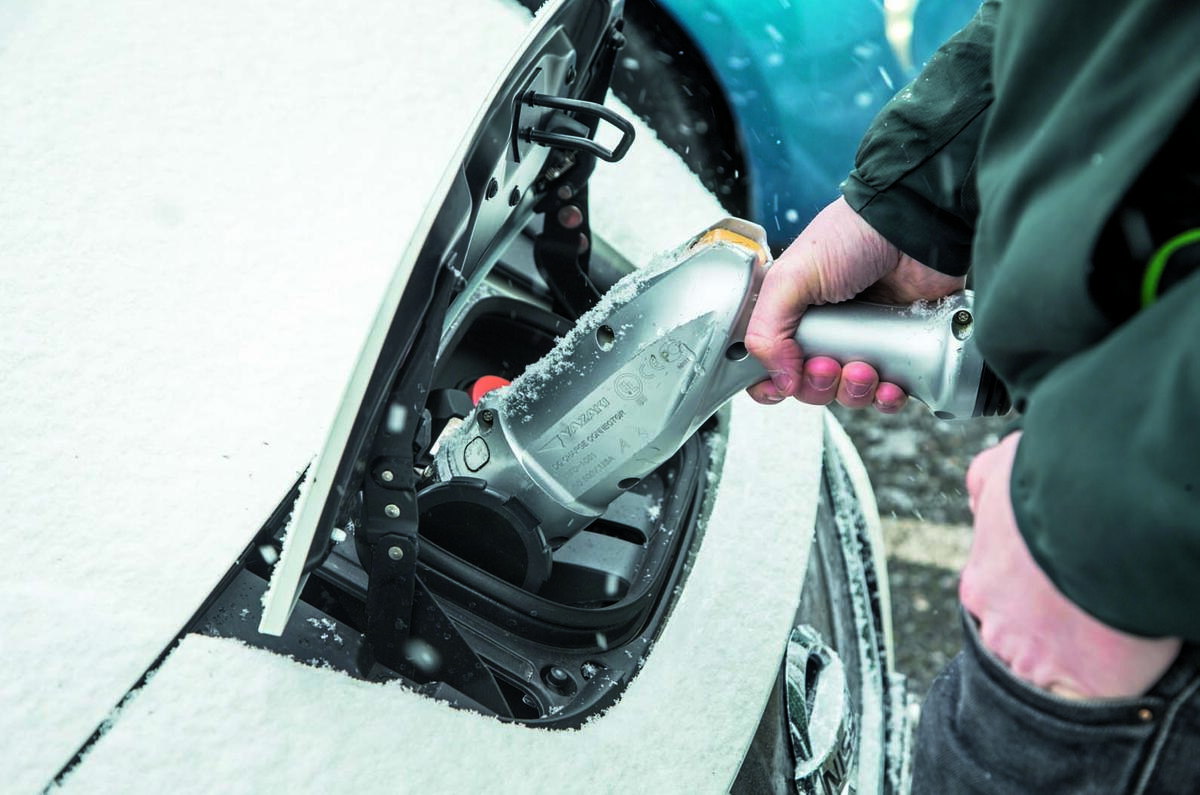




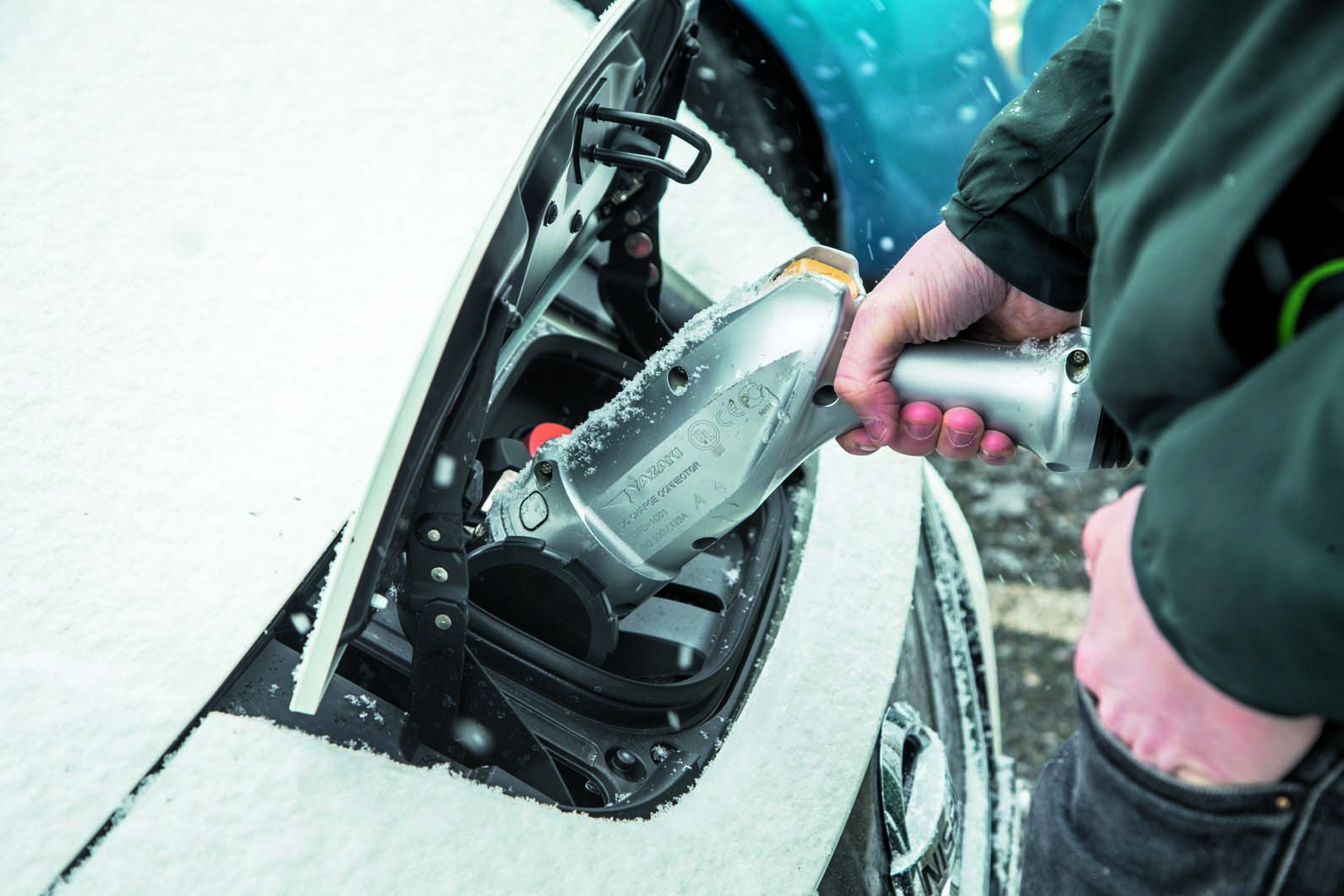

Join the debate
Add your comment
My hybrid is fine on the motorway
Artill is right - there are clearly confused people even on these comments.My Kia Niro hybrid just did 70mpg on the motorway, travelling down the M1 on Monday from Rugby down to West London. That includes about 20 minutes of stop start traffic due to multiple accidents.This idea that hybrids are just lugging around dead battery weight on the motorway is just a fallacy.
suman wrote:
And it's not even a plug-in hybrid, just the regular First Edition with the big wheels.
@The Apprentice
It was Osborne when he was chancellor that started jacking the bik rates up for leccy hybrid (my i3 was 5% when I first got it: now 13% - it will be 2% from April 2020) all done as tax raising. The reduction came from Hammond when he became chancellor as he (or whoever was briefing) spotted that this was likely to kill off the take up of leccy cars
Room for all
Hate it when surveys state people buying £20k cars are confused.
Anyway I'm still a bit undecided on Hybrid's although the Prius on the Autocar test fleet does do well on the mpg front, but I wonder how long £2000+ of tech takes to just repay itself, they just seem a bit of a stop gap till more EV's like the £23k Leaf arrive.
But like I say I think there could be room for Petrol, Hybrid, BEV and even Diesel. But not Hydrogen.